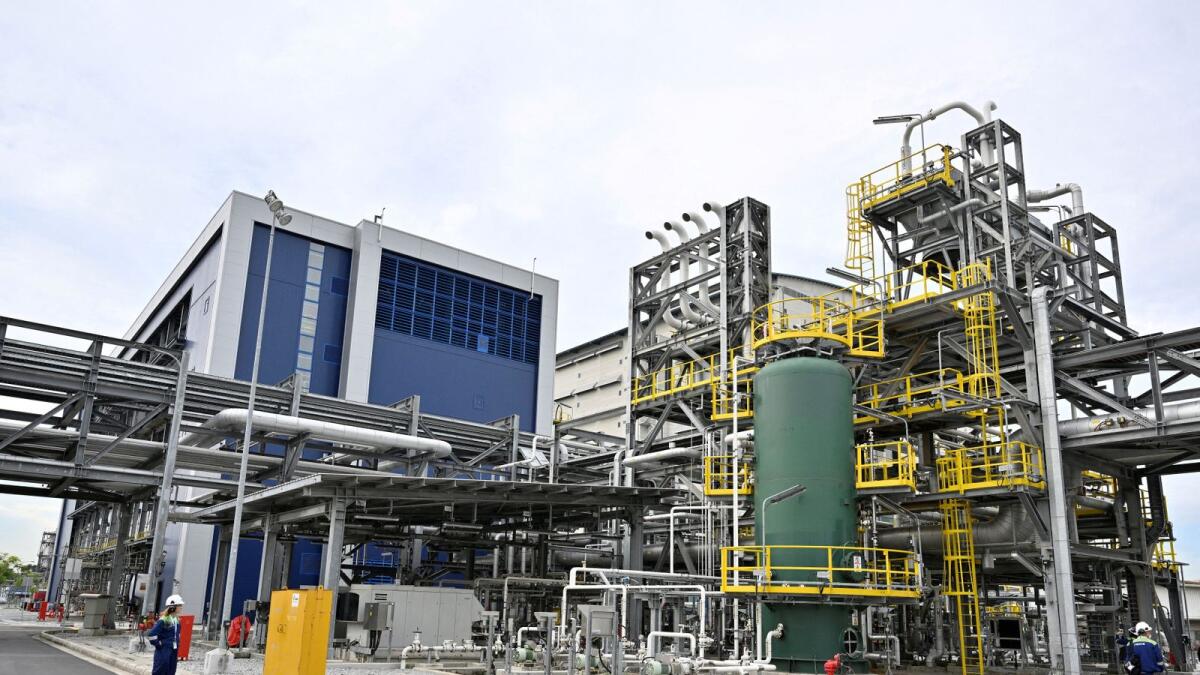Oil refiners are facing challenges as demand for gasoline during the US peak summer driving season has fallen below expectations, causing lower profits. The softness in the gasoline market has disrupted years of record profits. Refiners in the US, the largest gasoline market globally, ramped up production anticipating higher demand that did not materialize. Asian refiners have already started cutting back on production due to weakness in the gasoline market, which could lead to a reduction in global crude oil demand.
The decline in gasoline demand has caused a drop in refining margins, with Asian refiners seeing their profits halve in making gasoline from a barrel of Brent. Overall refining margins in Singapore fell drastically compared to the previous year. European and US gasoline refining margins have also significantly decreased, leading to pressures on profitability. Taiwan’s Formosa Petrochemical Corp has announced plans to cut run rates at its crude distillation units due to weakening cracks, although demand in Asia remains healthy.
Multiple factors, such as more people flying instead of driving long distances and the rise of fuel-efficient vehicles and electric cars, have contributed to the decline in US gasoline demand. Moreover, higher output from American refineries and weak demand have resulted in increased US gasoline stockpiles, putting further pressure on refiners. US refiners have cut run rates as demand remains lackluster, with expectations for lower utilization in the future.
The market is experiencing overwhelming supply growth from new refineries and expansions of existing plants, leading to increased fuel exports from the Middle East, India, and China. Gasoline exports from the Middle East have reached seasonal records, and Indian and Chinese refiners are capitalizing on discounted Russian oil to boost their supplies. The excess supply is likely to keep Asian gasoline cracks under pressure, and the market may struggle to strengthen significantly through the summer period.
Despite expectations for improving margins as US gasoline typically rises in the summer, the market has consistently underperformed. New refineries like Mexico’s Olmeca and Nigeria’s Dangote refinery, which have faced delays in production, could potentially support margins in the future. However, the market must adjust to the surplus supply from new refineries and expansions, which are driving increased fuel exports in key regions. Overall, the outlook for refiners remains uncertain as they navigate challenging market conditions.
In conclusion, oil refiners are facing pressure on their profits due to lower-than-expected gasoline demand during the US summer driving season. Declining refining margins, coupled with increased supply from new refineries and expansions, have created challenges for refiners globally. The market is expected to adjust to the surplus supply and weak demand, with potential support from delayed refinery projects in Mexico and Nigeria. Refiners will need to adapt to the changing market conditions and lower utilization rates as they navigate through the uncertainties in the refining industry.





















